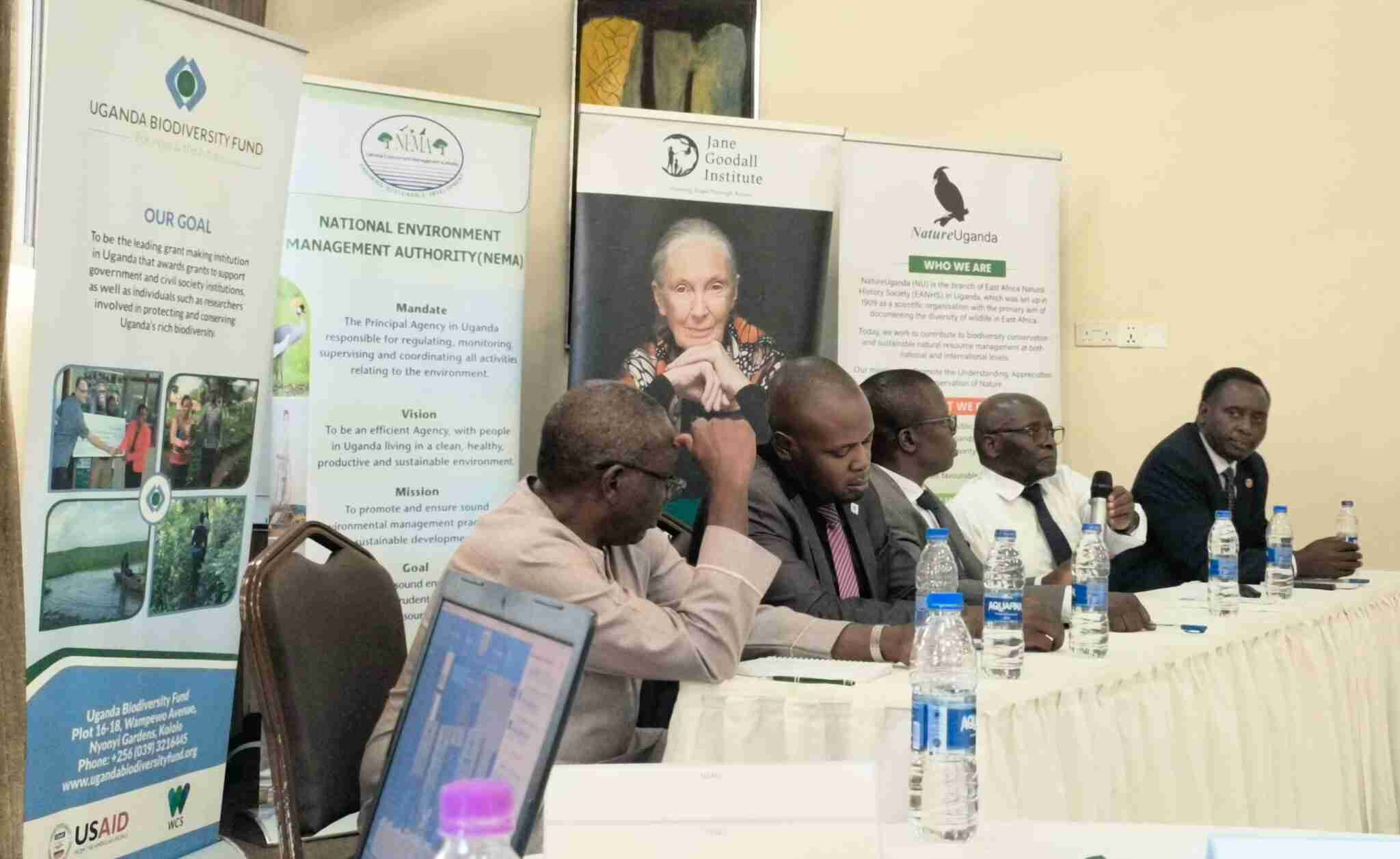By Julius Mugaga Tukacungurwa/Umoja Standard
Kampala, Uganda: Stakeholders during national in Kampala concurred that, like other notable countries say Rwanda, Nordic countries, the Netherlands, Finland and Germany, Uganda needs to institute strict laws that coarses the public when it comes to environmental restoration.
The discussion at the National Dialogue in preparation for World Environment Day 2024 revolved around deforestation, pollution and climate change. Companies were urged to have clear sustainability strategies, Mindset change, and need for enforcement on environment crimes.
At COP28, Pope Francis reminded us that “the destruction of the environment is an offense against God, a sin that endangers all human beings, especially the most vulnerable” and emphasized the importance of addressing climate change as “a global social issue intimately related to the dignity of human life.”
Addressing the UN Security Council in February, Antonio Guterres warned that climate change will result in “mass exodus on a biblical scale”. The US ambassador to the UN predicted “billion will displaced as climate refugees.”

Stakehoders during panel mdiscussions
In his keynote address, Dr. Peter Kimbowa, the Chairman Board of NSSF reiterated on this saying, its should start with government institutions and lower down to communities. ‘No school should be given Examination center without showing Environment Certificate of compliance, no town should be awarded City Status, Municipality or town council status without showing environmental certificate of compliance’.
Kimbowa said, “Gifts at ceremonies like introductions, weddings, birthdays, baby showers should be trees instead of useless rice, bread, cow ribs, sugar etcetera. Burials, initiation ceremonies and other functions should have the same”.
Available data from the Ministry of Water and Environment, shows that Uganda loses biodiversity between 10 and 11 percent every decade. According, Uganda Biodiversity and Tropical Forest Assessment, 2006, wetlands originally occupied about 13% of the land surface area of Uganda but recent estimates show that it only occupies 2% of Uganda’s total area.
“This has been worsened by the increase in agricultural activities as reports indicate that, between 1990 and 2019, agricultural land has increased by 40 against forest cover at 20, a direct indication that most forests have been cut to avail land for agriculture.” Ivan Amanyaruhanga from Uganda Biodiversity Fund revealed during panel discussion.
Kampala air quality index showed that, the City’s air quality levels are six times higher 162(𝜇g/m3) than World Health Organization Air Quality.
Reports indicate that Uganda needs 75years to restored the environment destroyed between 1990 and 2019 which is worrying.
Stakeholders suggested that, Uganda needs to adopt ABCDEF strategy, that is, Awareness creation, have baseline information (knowing how bad the situation is), Concrete action (strict laws), Decisions, Embed digital and analytics, Focus on life, livelihood and climate financing.
These added that, Green ICT, Green Tech kills, Innovations/Insights, collaborations and partnerships, Knowledge products backed by data, Ecological friendly future environment and Risk mitigation should be greatly prioritized.
With environmental crisis being an issue at hand, we need to bring together leaders from governments, business and civil society to exchange perspectives, co-create solutions and forge partnerships for action on climate and nature.
World Environment Day is celebrated annually on 5 June and encourages awareness and action for the protection of the environment. It will be under the theme, land restoration, desertification and drought resilience and drive solutions.
In Uganda, the National Celebrations for World Environment Day (WED) 2024 will be celebrated in Mt. Elgon District of Sironko in Eastern Uganda. This year’s national theme, “Land Restoration for Climate Resilience,” emphasizes the critical need to restore land for climate resilience, human well-being, wealth creation, job opportunities, and sustainable socio-economic transformation.
It should be noted that already NEMA is promoting integrated land scaope management approach for restoring 35,000 hectares of degraded farmland, fragile lands, unstable slopes and hilltops in the Mt Elgon landscape.
The national stakeholder engagement was a partnership of NEMA, Nature Uganda, Jane Goodall Institute, Uganda Biodiversity Fund and Caritas Uganda aimed at deliberating on the them and suggest proposalsthat could influence policy decisons and practice.


